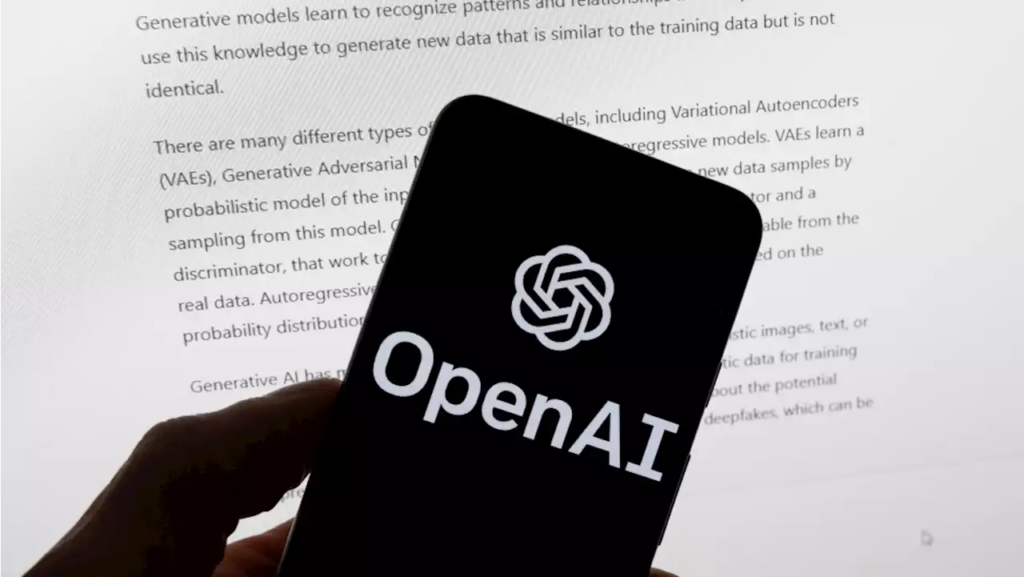Attorneys Steven A. Schwartz and Peter LoDuca may be punished for a lawsuit against an airline that includes references to earlier court cases that the chatbot fabricated.
Schwartz utilized the breakthrough tool to find legal precedents to assist a client’s complaint against Avianca for a 2019 flight injury.
The chatbot, which has intrigued the globe with its essay-like responses to user inquiries, identified many aircraft catastrophe instances Schwartz hadn’t found through his legal firm’s typical techniques.
Several of the cases were fake or involved nonexistent airlines.
Schwartz told Judge P. Kevin Castel he “operated under a misconception… that this website was obtaining these cases from some source I did not have access to.”
He “failed miserably” at checking citations.
Schwartz stated he didn’t realize ChatGPT might fake cases.

Microsoft spent $1 billion in ChatGPT’s OpenAI.
Its progress has raised concerns about how artificial intelligence may disrupt human labor and learning. In May, hundreds of business leaders wrote that “mitigating the risk of extinction from AI should be a global priority alongside other societal-scale risks such as pandemics and nuclear war.”
Judge Castel was puzzled and dismayed that the lawyers did not immediately fix the phony legal citations when Avianca’s counsel and the court informed them to the issue. March filings by Avianca noted the fake case law.
The judge presented Schwartz with a computer-generated legal case. It started as a woman’s wrongful death action against an airline but turned into a man’s claim for missing a trip to New York and having to pay more.
“Isn’t that legal gibberish?” Castel asked.
Schwartz mistook passages from different portions of the argument for the confused presentation.
Castel asked Schwartz if he had any more questions after finishing.
Schwartz apologized profusely.
He felt “embarrassed, humiliated and extremely remorseful” after the mistake, which hurt him personally and professionally.
He and Levidow, Levidow & Oberman have taken steps to prevent a repeat.

LoDuca, another lawyer on the case, claimed he trusted Schwartz and didn’t properly evaluate his work.
He called the result “painful.”
“It never dawned on me that this was a bogus case,” LoDuca said after the court read aloud passages of one referenced case to demonstrate how readily it might be seen as “gibberish.”
Ronald Minkoff, a law firm attorney, told the judge that the submission “resulted from carelessness, not bad faith” and should not be sanctioned.
He said attorneys struggle with technology, especially new technology, “and it’s not getting easier.”
Mr. Schwartz, who seldom performs government research, picked this new technology. “He thought it was a standard search engine,” Minkoff added. “He played with live ammo.”
Daniel Shin, an adjunct professor and assistant director of research at William & Mary Law School’s Center for Legal and Court Technology, said he introduced the Avianca case at a conference last week that attracted dozens of participants in person and online from state and federal courts in the U.S., including Manhattan federal court.

